
Bill Browder: Swiss record on fighting money laundering is ‘shocking’

High-profile Kremlin critic and financier Bill Browder has spent nearly two decades fighting Russian corruption and money laundering. He wants the US and international organisations to increase pressure on Switzerland. He explains why.
In a series of interviews given to SWI swissinfo.ch, prominent leaders of the Russian opposition have criticised Switzerland’s lax handling of Russian assets. They say the country’s sanctions policy is too defensive, given its role as a traditional safe haven for Russian assets and a trading hub for Russian commodities.
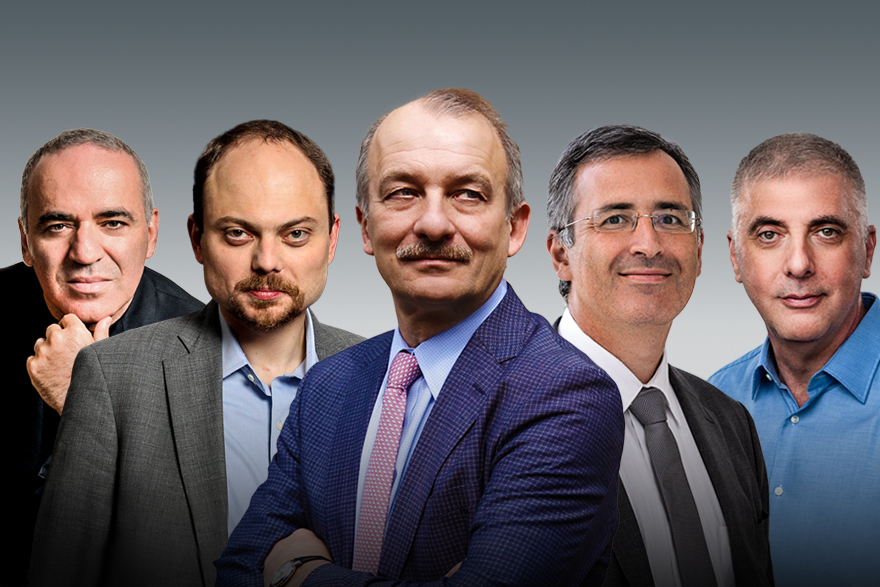
More
Leading Russian opposition figures criticise Switzerland
Browder is a campaigner against corruption in Russia. The financier is managing director of Hermitage Capital Management, a fund management company based in London. He’s also the head of the Global Magnitsky Justice Campaign, which encourages governments to take legal action against perpetrators of human rights abuses and high-level corruption.
Russian lawyer Sergei Magnitsky died under unexplained circumstances in a Moscow prison in 2009. Magnitsky had worked for Bill Browder. He had uncovered the involvement of Russian officials in an alleged $230 million fraud. This was money that Browder’s company had paid to Russia’s tax authorities. But these were allegedly embezzled by corrupt tax officials. According to Browder, the funds then ended up in foreign accounts of the alleged fraudsters. Magnitsky arguably ended up paying for his fraud investigation with his life. According to Browder, Magnitsky was beaten in custody, denied medical care, and constantly moved to extort a confession from him. The Kremlin’s own human rights council said there was also evidence suggesting Magnitsky was beaten to death. Yet Putin dismissed allegations of torture or foul play and told the nation that he died of heart failure.
After intense lobbying by Browder, the US Congress passed the Magnitsky Act in 2012. This states that people connected to the case can be sanctioned, including by having all their assets frozen. The European Union and countries such as Canada, the United Kingdom and the Baltic states have passed similar legislation. The procedure adopted in the Magnitsky Act is now considered the international standard for similar cases.
SWI swissinfo.ch: Bill Browder, what is your impression of Switzerland’s current attorney general, Stefan Blättler?
Bill Browder: The new attorney general has an opportunity to clean up the mess of the [former] Attorney General Michael Lauber, but he seems to not want to rock the boat. That shows that Switzerland hasn’t gotten any better.
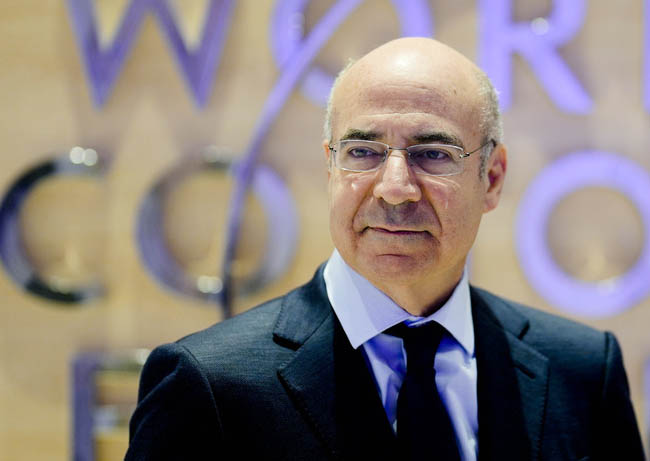
SWI: You want to take action against Switzerland’s behaviour. What is your plan?
B.B.: One of the ways I try to influence the situation is by working with US lawmakers, in order to change the way the United States interacts with Switzerland, with the Swiss authorities, and to effectively acknowledge that Switzerland is not a legitimate rule-abiding country when it comes to this type of situation.
That would mean, for example, modifying the mutual legal assistance treaty between the United States and Switzerland. That might include how Switzerland is viewed by the OECD or that might include how Switzerland is viewed by the Council of Europe and its GRECO [Group of States against Corruption] task force. Switzerland really can’t pretend to be a law-abiding country and at the same time shelter the money of killers and dictators.
SWI: Switzerland has established a “clean money” strategy to combat money laundering and tax-related abuses. Has this had any effect on wealthy Russians?
B.B.: Well, I look at my own situation where we have identified $20 million [CHF19.7 million] belonging to the persons who benefited from the murder of Sergei Magnitsky, and we can prove that. Switzerland returning most of that money to the people who have benefited from this crime means clearly that Switzerland has been unable to produce a clean money strategy.
But, for example, they returned the money to the daughter of the dictator of Uzbekistan, who stole all that money from the people, and they returned money to the deputy minister of agriculture from Russia, who stole a bunch of money. If you look at the list of people, of failed investigations or investigations that haven’t been taken up by Switzerland, it is shocking conduct. If Switzerland wants to continue doing that, then fine, but the country shall be relegated to a lower category where any money coming from Switzerland is considered suspicious.
SWI: In your book Freezing Order,* you talk about Switzerland being involved in the Magnitsky case. Initially, Swiss prosecutors took up the case, but then the federal prosecutor’s office dropped the investigation.
B.B.: In my opinion the reason the Swiss authorities decided to give the money back to the Russian criminals was corruption. There was clear evidence that the money that was frozen in Switzerland was directly connected to the murder of Sergei Magnitsky. We know that Viktor K.**, the federal police officer on the team, was found guilty of corruption from Russia relating to this case.
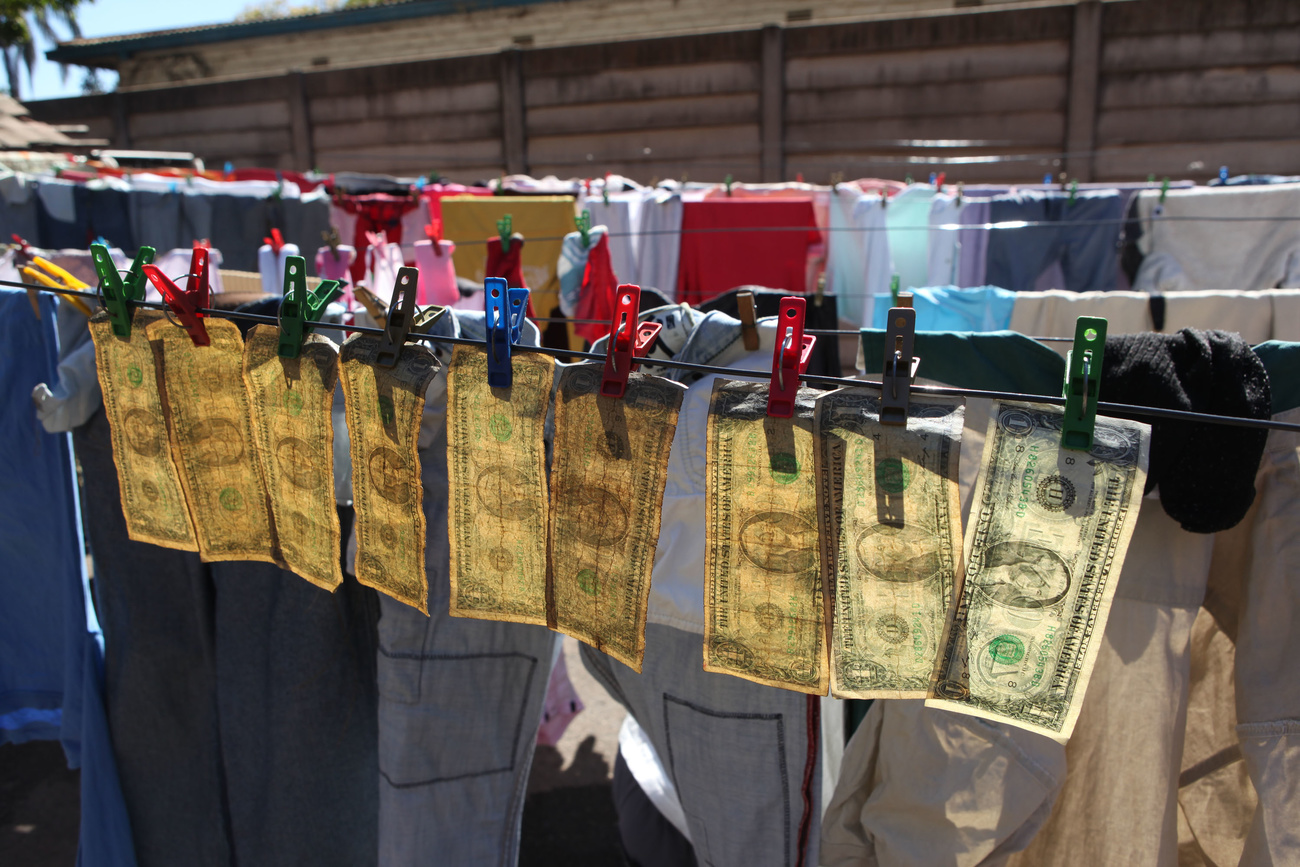
More
Dirty money remains threat to society, says watchdog
SWI: What are the developments in the case now?
B.B.: The Swiss prosecutor’s office has agreed to give the money back to the Russian criminals who were responsible for stealing the money Sergei Magnitsky was killed over. We have challenged this decision in the Swiss court and we’re waiting for the verdict.
SWI: When will this come?
B.B.: We have no idea. What I can also say is that it is more complicated than just them making the decision to return the money, because three of the individuals they were about to return the money to are individuals sanctioned by the United States, Canada, the UK, and Australia. So if Switzerland was to return the money, the banks returning the money would be in violation of US, British, Canadian, and Australian sanctions.
SWI: Swiss authorities said the money from the alleged fraud had gone through foreign accounts before it reached Switzerland, and as a result, it was mixed with other funds the origin of which is also unclear. How can such assets be dealt with?
B.B.: This is a common issue with all money laundering. The United Nations has published what is called the Palermo Convention on these issues. It says that if part of the money is tainted, then all of the money should be seized. So the idea that the Swiss want to give back the money they can’t confirm was from an illegal source is a wrong approach.
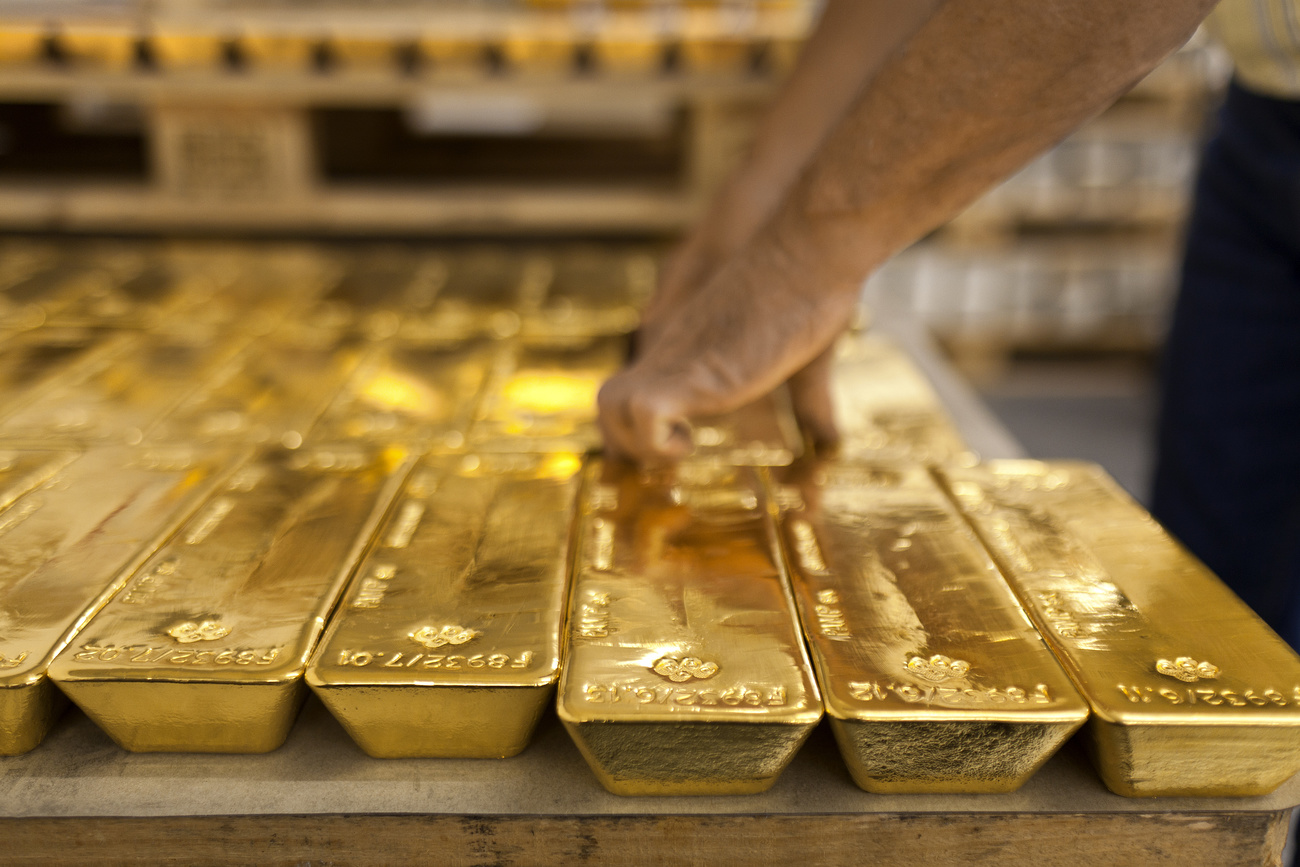
More
Switzerland should get tougher on money-laundering, says report
SWI: The Commission on Security and Cooperation in Europe, also known as the Helsinki Commission, criticised Switzerland’s role in hiding Russian assets. Technically, Swiss lawyers can help oligarchs to hide money without violating Switzerland’s legislation.
B.B.: I think there is a huge loophole which allows Switzerland to continue being the money-laundering capital of the world. These lawyers rely on lawyer-client confidentiality in order to launder money for Russian oligarchs and it has been strongly criticised by anti-money-laundering specialists as a policy that needs to be changed very quickly.
SWI: The Swiss criminal law and anti-corruption expert Mark Pieth believes that Putin and the oligarchs close to him have corrupted the Swiss system, including the judiciary. How is that possible in a country with direct democracy?
B.B.: Switzerland has had a long history of bad conduct when it comes to money. Every time a dictator falls we discover they had billions of dollars held in Swiss banks. And it is not a victimless crime – they usually steal money while killing lots of people in the process. Switzerland is enabling very bad people, including people close to Putin, in their theft. Switzerland always tries to justify that by saying they want to remain neutral. But you can’t remain neutral if you take money from criminals. So Switzerland has to clean up its act or eventually Switzerland will be relegated to a blacklist of countries that facilitate money laundering.
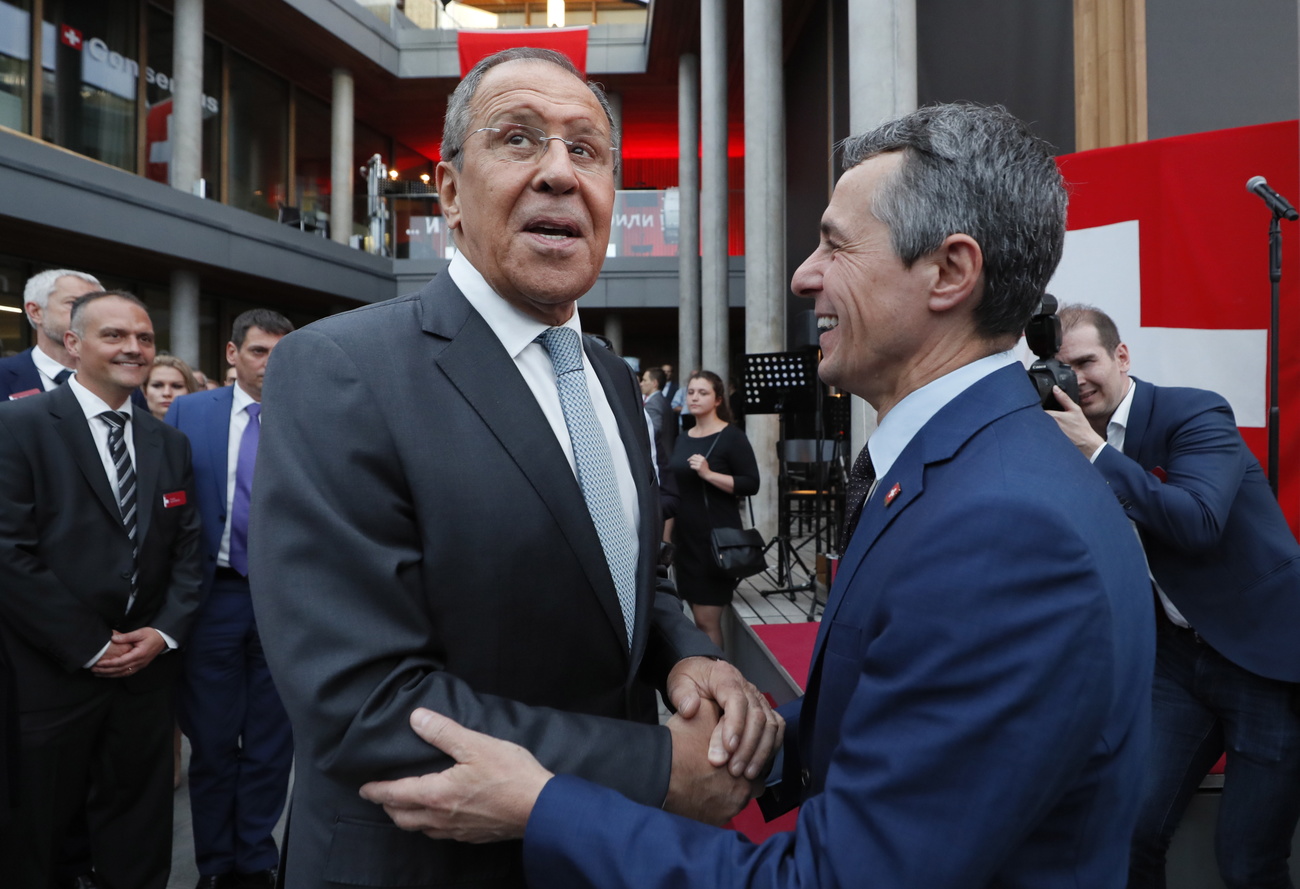
SWI: You know Russia well. What is your assessment of the current situation?
B.B.: Russians have a great capacity to go through hardship. What will be determinant is Putin losing this war in Ukraine. Russian people won’t tolerate a weak leader; they won’t tolerate a loser. This will become much bigger if Ukraine’s counter-offensive continues to work.
SWI: How do you see Russia after Putin?
B.B.: Russia is a great country that has been occupied by a criminal group. But if Alexei Navalny was to become president and Vladimir Kara-Murza became the prime minister, I have big hopes for Russia.
SWI: What do you think of them?
B.B.: I would compare it to the situation of Nelson Mandela under the apartheid regime [in South Africa]. These people are leaders and they’ve made big sacrifices for their country. The obvious choice for who should lead the next Russia would be these two individuals.
Edited by Balz Rigendinger

More
Andreas Gross: ‘The Swiss judiciary acted in Putin’s interest’
* Freezing Order, A True Story of Russian Money Laundering, Murder, and Surviving Vladimir Putin’s Wrath, Bill Browder, April 2022
**Name has been changed
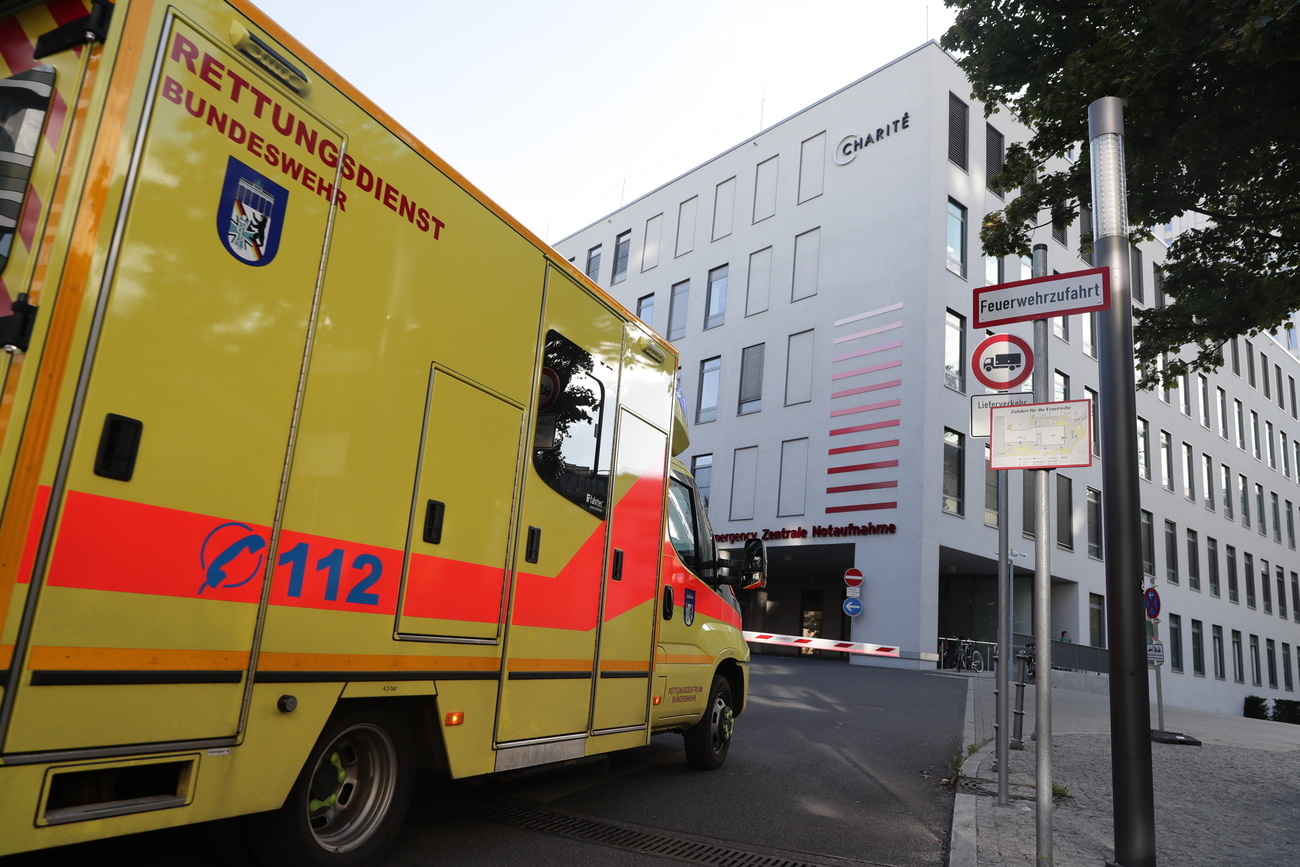
More
Switzerland joins calls for Navalny inquiry

In compliance with the JTI standards
More: SWI swissinfo.ch certified by the Journalism Trust Initiative




























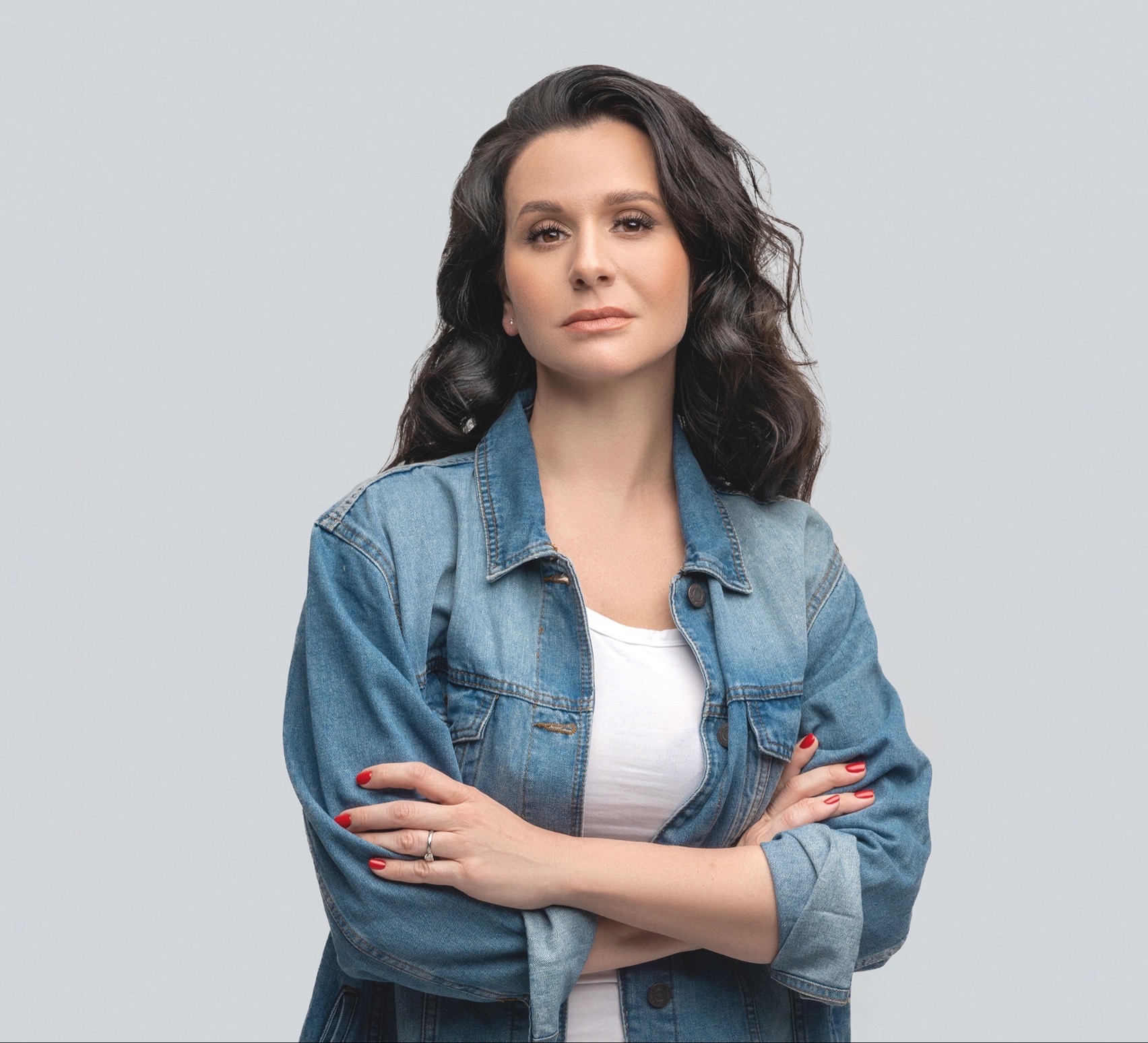
You can find an overview of ongoing debates with our journalists here . Please join us!
If you want to start a conversation about a topic raised in this article or want to report factual errors, email us at english@swissinfo.ch.